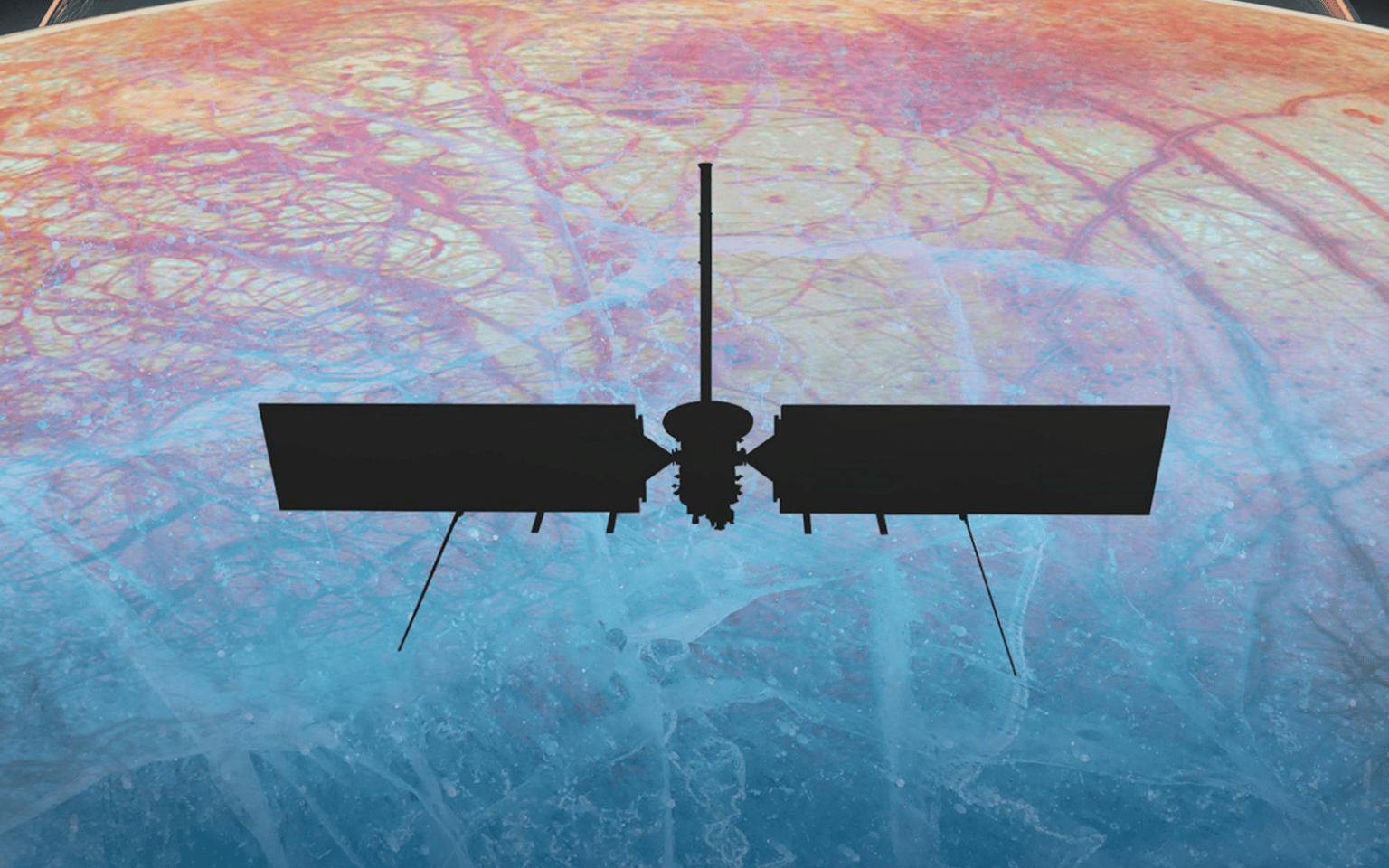Artificial intelligence (AI) is seemingly everywhere. Right now, generative AI in particular – tools like Midjourney, ChatGPT, Gemini (previously Bard) and others – is at the peak of hype. But as an academic discipline, AI has been around for much longer than just the last couple of years. When it comes to real-world applications, many have stayed hidden or relatively unknown. These AI tools are much less glossy than fantasy-image generators – yet they are also ubiquitous. As various AI technologies continue to progress, we’ll only see an increase of AI use in various industries. This includes healthcare and consumer tech,…
Author: The Conversation
As artificial intelligence creeps further into people’s daily lives, so do worries about it. At the most, alarmists are concerned about AI going rogue and terminating its human masters. But behind the calls for a pause on the development of AI is a suite of more tangible social ills. Among them are the risks AI poses to people’s privacy and dignity and the inevitable fact that, because the algorithms under AI’s hood are programmed by humans, it is just as biased and discriminatory as many of us. Throw in the lack of transparency about how AI is designed, and by whom, and it’s easy to understand why so much time these days…
The US and Japan are sponsoring a resolution for debate by the United Nations Security Council which – if passed – will reaffirm international commitments to the 1967 Outer Space Treaty (OST) forbidding the deployment and use of nuclear weapons in space. The call, headed by US ambassador Linda Thomas-Greenfield and Japan’s foreign minister Yoko Kamikawa, follows troubling reports that Russia could be developing a nuclear-capable anti-satellite weapon. As an expert on space and nuclear weapons, I find these reports concerning but not surprising because nuclear anti-satellite weapons have been proposed since the Cold War in the 1960s. So far, little is known about this…
Recently, artificial intelligence (AI) has been cast as a problem in the urgent, international effort to tackle climate change. As AI plays a greater role in our lives, it will need enormous amounts of computing power and data storage. As such, the carbon footprint of AI is projected to expand due to its high energy consumption and the carbon emissions associated with the production of its hardware. However, the truth is more nuanced, since artificial intelligence could also be a problem solver, making a significant contribution to tackling climate change. AI could, for example, help with more accurate predictions of extreme weather events such as hurricanes or…
NASA’s Europa Clipper spacecraft, headed to Jupiter’s ice-covered moon Europa in October 2024, will carry a laser-etched message that celebrates humanity’s connection to water. The message pays homage to past NASA missions that carried similar messages. As the president of Messaging Extraterrestrial Intelligence, or METI, International, I helped design the message on Clipper with two fellow members of our board of directors: linguists Sheri Wells-Jensen and Laura Buszard-Welcher. METI International is a scientific organization dedicated to transmitting powerful radio messages to extraterrestrial life. We collected audio recordings in 103 languages, and we decided how to convert these into waveforms that show these sounds visually. Colleagues from NASA etched these waveforms into the metal plate…
In October 2016, the Swedish Academy announced that it was awarding the Nobel Prize for Literature to the singer-songwriter Bob Dylan for “having created new poetic expressions within the great American song tradition”. The decision sent out shockwaves: for the first time, a musician had received the most prestigious literary award on the planet. It sparked debate, with many questioning the decision and even sarcastic suggestions that novelists could aspire to winning a Grammy. The controversy fed into much-needed debates on the boundary between poetry and song, but the question of what constitutes literature is much broader. Does it mean the same as it…
AI has long since surpassed humans in cognitive matters that were once considered the supreme disciplines of human intelligence like chess or Go. Some even believe it is superior when it comes to human emotional skills such as empathy. This does not just seem to be some companies talking big for marketing reasons; empirical studies suggest that people perceive ChatGPT in certain health situations as more empathic than human medical staff. Does this mean that AI is really empathetic? A definition of empathy As a psychologically informed philosopher, I define genuine empathy according to three criteria: Congruence of feelings: empathy requires…
Time and again, leading scientists, technologists, and philosophers have made spectacularly terrible guesses about the direction of innovation. Even Einstein was not immune, claiming, “There is not the slightest indication that nuclear energy will ever be obtainable,” just ten years before Enrico Fermi completed construction of the first fission reactor in Chicago. Shortly thereafter, the consensus switched to fears of an imminent nuclear holocaust. Similarly, today’s experts warn that an artificial general intelligence (AGI) doomsday is imminent. Others retort that large language models (LLMs) have already reached the peak of their powers. It’s difficult to argue with David Collingridge’s influential thesis that attempting to predict the risks posed by new…
Staying competitive in the finance sector is vital, with many companies moving quickly to adopt artificial intelligence (AI) to reduce costs and streamline operations. But two companies recently came unstuck when the United States Securities and Exchange Commission (SEC) accused them of exaggerating their use of AI, marking the world’s first significant move in combating so-called “AI washing”. Delphia (USA) Inc. and Global Predictions Inc., boasted about using AI for designing investment strategies, but the SEC found their claims to be unsubstantiated. There’s much speculation around AI, especially with the generative technology app ChatGPT shaking things up. But amid all the hype,…
The James Webb Space Telescope, or JWST for short, is one of the most advanced telescopes ever built. Planning for JWST began over 25 years ago, and construction efforts spanned over a decade. It was launched into space on Dec. 25, 2021, and within a month arrived at its final destination: 930,000 miles away from Earth. Its location in space allows it a relatively unobstructed view of the universe. The telescope design was a global effort, led by NASA and intended to push the boundaries of astronomical observation with revolutionary engineering. Its mirror is massive – about 21 feet (6.5 meters) in diameter. That’s nearly three times…











